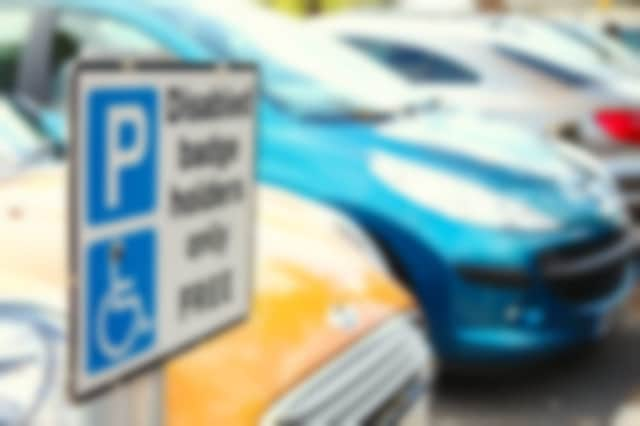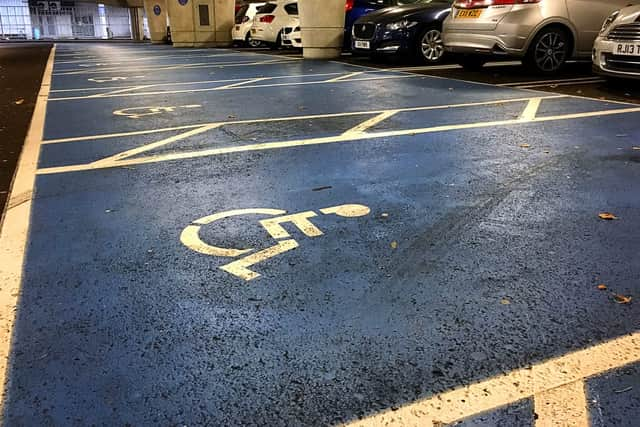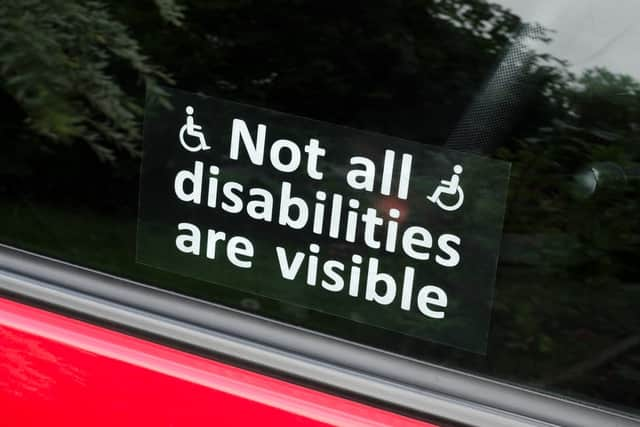38 Blue Badge holders battle for every parking space as applications soar
This article contains affiliate links. We may earn a small commission on items purchased through this article, but that does not affect our editorial judgement.


Disabled motorists and their families are struggling to find a dedicated Blue Badge parking spaces, with 38 badge holders vying for each space, according to new research.
Two thirds of badge holders have been forced to park elsewhere after not being able to find a dedicated public space, with a surge in the number of badge holders thought to be partly to blame.
Advertisement
Advertisement
Around 1,800 new Blue Badge spaces have been installed by councils in the last 12 months but in England alone there have been 35,000 new applications for badges after it added “hidden disabilities” eligibility.
Figures obtained through a Freedom of Information request by Confused.com show that there are around 55,000 dedicated Blue Badge spaces around the UK and more than two million badge holders, meaning on average there are 38 holders for every available space.


Yorkshire and the Humber has the highest number of badge holders per space, with 129 badges for every public space. The East Midlands (122 to one) and the East of England (93 to one) also presented challenges, while Scotland, London and the South East had the least competition for spaces, with 12, 20 and 33 badge holders per space respectively.
Competition for spaces is being made worse by drivers misusing the bays, with nearly 158,000 fines issued to motorists using the bays in 2019 and around five per cent of all drivers admitting to misusing Blue Badge spaces.
Advertisement
Advertisement
Scotland and Wales have included hidden disabilities in their Blue Badge eligibility criteria for several years but England only followed suit last year. Since then more than 35,000 people have applied for a new Blue Badge.
The badge allows them to use spaces which are often larger and located closer to the entrances to shops and other buildings. It also allows them to park without a time limit in on-street bays and on yellow lines under most circumstances.
Alex Kindred, car insurance expert at Confused.com, says: “Opening up the Blue Badge scheme to people with hidden disabilities is a really positive move. But it seems there haven’t been many updates to parking to accommodate for the increase in people applying for a permit.


“It’s clear there’s a need for more parking – 38 Blue Badge holders to one space is going to create a lot of issues for these drivers. But the issue is made worse by people taking advantage. The rules are clear: if you aren’t a Blue Badge holder, you don’t use the dedicated space.”
Advertisement
Advertisement
The hidden disability criteria was introduced to extend access to disabled parking to people with less visible conditions such as dementia, anxiety disorders, autism, Parkinson’s disease and arthritis.
A full list of those eligible for a Blue Badge, including those who automatically qualify, is available on the Government website.